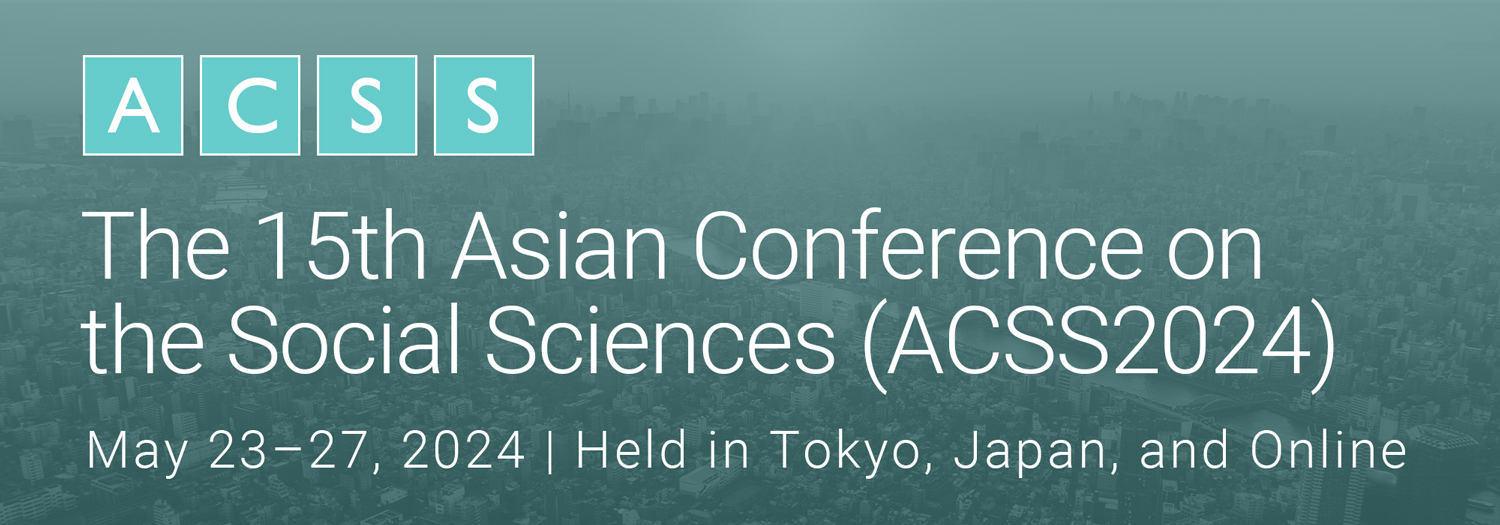Dorje Shugden Worship in Mongolia: Way to de-Tibetanize Mongolian Gelug Tradition (80153)
Session Chair: Yunjoo Sung
Saturday, 25 May 2024 12:55
Session: Session 3
Room: Room 707
Presentation Type: Oral Presentation
This study provides an insightful exploration of Mongolia's nation-building process, emphasizing the cultural reorientation through the embrace of the Dorje Shugden practice, a departure from Tibetan Buddhist traditions. Central to this research is the analysis of how Dorje Shugden, a figure controversial within Tibetan Buddhism, becomes a cultural catalyst for Mongolia to establish a unique national and religious identity, distinct from Tibetan influences.
The research probes into the complexities and ramifications of this approach within the Mongolian community. It assesses its impact on religious practices, community coherence, and the evolving relationship between Mongolian and Tibetan Buddhism. The study reveals the varied reactions and adjustments within the Mongolian Buddhist community towards the Dorje Shugden practice, illustrating a complex pattern of acceptance, opposition, and reinterpretation.
This analysis underscores the multifaceted role of religious practices in shaping national and cultural identities. It highlights Mongolia's strategic use of religious figures and doctrines in redefining its cultural narrative and nation-building efforts, demonstrating its endeavor to navigate past Tibetan Buddhist connections to forge a distinctive national and cultural identity. This research significantly advances the understanding of the interplay between religion, politics, and cultural identity formation, particularly in the context of Mongolia's post-socialist cultural evolution.
Authors:
Anudei Erdenebat, Eötvös Loránd University, Hungary
About the Presenter(s)
Mr Anudei Erdenebat is a University Postgraduate Student at Eötvös Loránd University in Hungary
See this presentation on the full schedule – Saturday Schedule





Comments
Powered by WP LinkPress